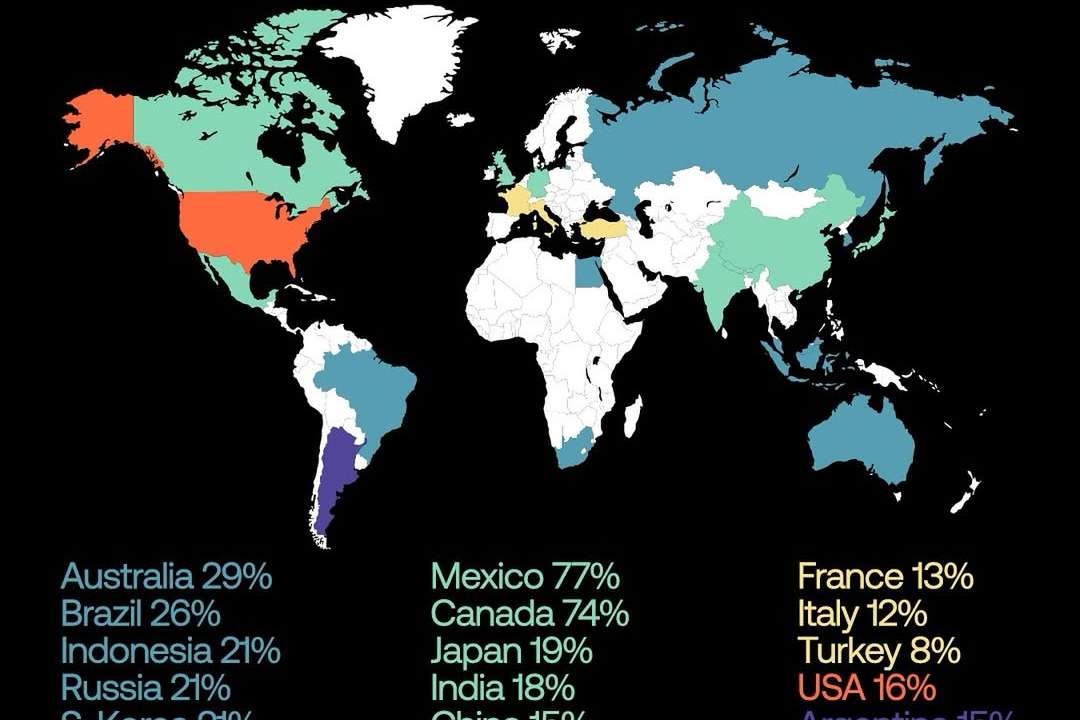How the US-South Africa land row is affecting the G20

The G20, or Group of Twenty, is an international forum established in 1999 to promote global economic stability and prosperity.
The forum comprises nineteen countries with some of the world’s largest economies, along with the European Union (EU) and, since 2023, the African Union (AU).
Argentina, Australia, Brazil, Canada, China, France, Germany, India, Indonesia, Italy, Japan, Mexico, Russia, Saudi Arabia, South Africa, South Korea, Turkey, the United Kingdom (UK), and the United States are the member countries. Spain is invited as a permanent guest.
The latest controversy surrounding the G20 involves US Secretary of State Marco Rubio's decision to skip the upcoming meeting in South Africa this month.
This decision comes amidst tensions between the US and South Africa over a land expropriation law.
President Trump has threatened to cut aid to South Africa, citing concerns over land confiscation, although these claims have been disputed.
In January 2025, South African President Cyril Ramaphosa signed a law allowing the government to expropriate land without compensation if it serves the public interest. This includes cases where land is underutilised or if an agreement cannot be reached with the owner.
The African National Congress (ANC) supports the law, arguing that it’s a crucial move to address the inequalities left by apartheid. However, the opposition Democratic Alliance (DA) has raised concerns over the potential economic consequences of this policy.
South Africa, holding the G20 presidency until November 2025, will host a foreign ministers' meeting in Johannesburg on February 20-21.